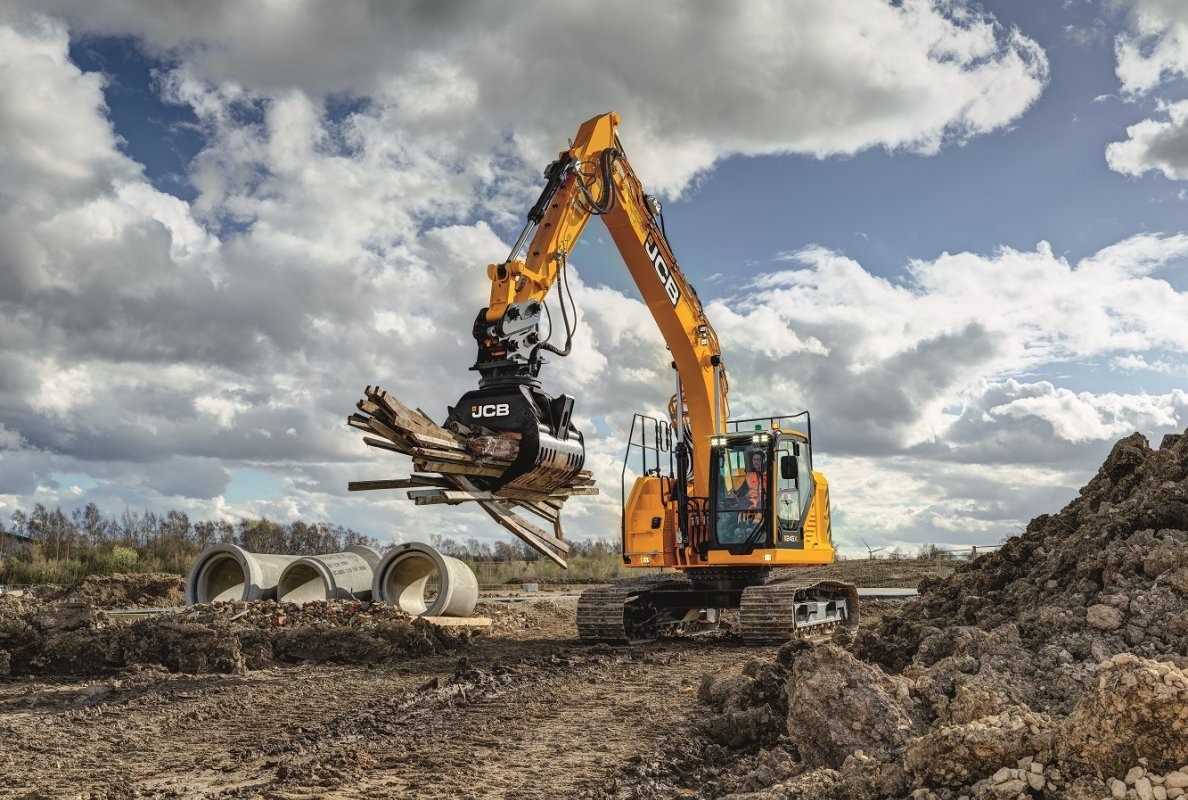British manufacturers have been left reeling after the White House quietly imposed a huge expansion of goods that will face punitive US import tariffs.
From condensed milk to shampoo, children’s highchairs to motorcycles, UK bosses are this weekend scrambling to ascertain the implications of the Trump administration’s decision to impose tariffs of up to 25 per cent on more than 400 new categories that technically contain steel or aluminium.
Similarly the government is racing to determine the fallout on UK manufacturers having been blindsided by the timing of the announcement last week.
The new list includes items such as washing machines, garden furniture with metal frames, fire extinguishers, any metal part of a child’s crib or highchair, and tableware, as well as condensed milk, shampoo or perfumes that come in aluminium packaging.
The shock move, which followed pressure on the White House from US steel companies to fulfil President Trump’s vow to prioritise the domestic economy and was slipped out by the Department of Commerce, was this weekend described as “very damaging to British industry”.
“These expansive product restrictions were due to be permanently resolved in post-deal negotiations by now. UK and US negotiators must buckle down quickly and do that, updating our SME exporters on what to expect at US customs,” said Craig Beaumont, executive director at the Federation of Small Businesses.
Only the part of the exported product containing the metals will be subject to a tariff but this means a complicated process of determining what percentage of the goods is made with aluminium or steel. While the onus is on the buyer in the US to work this out, they will expect the exporter to supply details. This will create a compliance burden for some manufacturers.
President Trump has been lobbied by the US steel industry to increase tariffs to protect their own interests
BRENDAN SMIALOWSKI/AFP VIA GETTY IMAGES
Among those caught unawares by the move was Triumph Motorcycles, Britain’s largest manufacturer of motorbikes. The UK brand last year sold more than 100,000 motorbikes for the first time in its 122-year history.
Owned by housing tycoon John Bloor, Triumph has been enjoying significant success in the US, Canada and Brazil, where sales were up 44 per cent on the previous year.
Nick Bloor, the chief executive, said: “The recent announcement by the US Commerce Department has come as a surprise, especially given the recently negotiated trade agreements.”
The extra categories affected by tariffs were implemented on Tuesday with immediate effect and even included goods that were on their way to the US, causing confusion and disruption for customs officials.
While officials at the business department said that the US move did not come as a surprise, the timing is understood to have caught out Whitehall officials.
The UK and US agreed a “breakthrough” trade deal in May which included cutting a 25 per cent tariff rate on British steel and aluminium exports to zero. When Trump raised other countries’ tariffs to 50 per cent in June, UK exports remained at 25 per cent.
It had been hoped that a UK-US deal on steel and aluminium would have been implemented by now.
However, the completion of the deal is believed to be facing delays over White House concerns that some British steel exports include products that are not “melted and poured” in the UK but from third-country plants.
JCB boss Graeme Macdonald says there is chaos in US ports with a huge backlog of imports
JCB PRESS OFFICE
JCB was also among those hit by the move, with 30,000 diggers and construction machines, worth £2 billion, subject to tariffs that will cost the business hundreds of millions of pounds.
Graeme Macdonald, the chief executive, is due to meet Jonathan Reynolds, the business secretary, on Tuesday for emergency talks. “They need to get a deal done quickly, because this is very damaging to British industry,” he said. “There is chaos at the US ports right now.”
“This has blindsided everybody. It’s blindsided us, it’s blindsided the UK government, it’s definitely blindsided US customs. We’re not releasing our items until we have finalised our interpretation of the rules, and neither is anybody else. So there’s a huge backlog of imported goods in every port now in the US.”
Jonathan Reynolds, the business secretary, is to hold emergency talks with industry leaders on Tuesday
ALAMY
Macdonald insisted that JCB would not pause deliveries to the US for now, preferring to heap pressure onto the government to finalise the agreement with America.
Peter Brennan, the director of trade and economics policy at UK Steel, which represents the steel trade, said: “We need this deal on UK-US steel. This is dragging on, and we need some resolution, because it is causing increasing damage.
“Orders are being cancelled or delayed — sometimes costing firms millions of pounds — because this trade negotiation is still ongoing. This expansion of products affected by the tariffs is only going to cause more pain.”
The expanded categories to face tariffs come after lobbying from the US steel industry, which has petitioned the Department of Commerce on which additional products it wants to be subject to the charges. In May the department allowed for a two-week submission window that let 50 companies ask for more products to be included in the list. The US government has said it will repeat this process in January and September.
Shannon Bryant, a customs broker in Michigan said: “I have a bunch of clients who are not clearing their stuff and they’re paying storage at the port. There are a lot of unknowns. There are a lot of things that are very confusing, which I think is intentional.”
Graeme Macdonald of JCB says: “They need to get a deal done quickly because this is very damaging to British industry”
ALAMY
Bryant, the president of trade compliance consultancy, Trade IQ, added: “What I’ve told clients to do is to start with the manufacturer’s costed bill of materials as that should tell you all the things that they use to make that product — or, if that’s commercially sensitive, they should at least tell you the quantity of steel or aluminium in there — and then I’m not advising my clients to get below that level of granularity.”
The UK government said: “Thanks to our trade deal with the US, the UK is still the only country to have avoided 50 per cent steel and aluminium tariffs, but we are committed to going further to give industry the security they need, protect vital jobs, and put more money in people’s pockets.
“We will continue to work with the US to get this deal implemented as soon as possible and in the industry’s best interests.”




